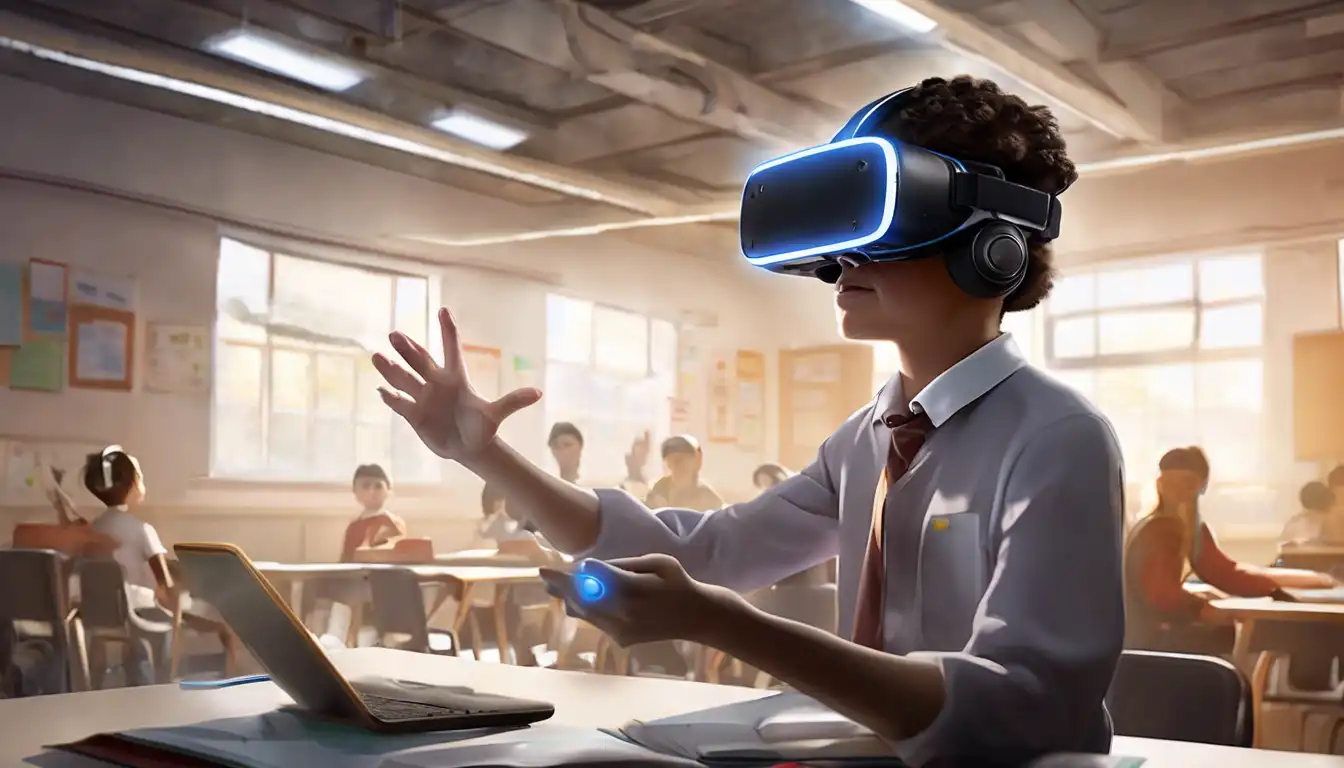The Transformative Power of VR in Learning Environments
Virtual Reality (VR) technology is no longer just a tool for entertainment. It has emerged as a groundbreaking medium for education and training, offering immersive experiences that were once unimaginable. From medical students performing virtual surgeries to history students walking through ancient civilizations, VR is unlocking new potentials in learning and skill development.
Why VR is a Game-Changer for Education
VR provides an interactive learning environment that engages students in a way traditional methods cannot. It allows for hands-on experience without the risks associated with real-life training, especially in fields like medicine, aviation, and engineering. Moreover, VR can simulate complex scenarios that are difficult to replicate in a classroom, making it an invaluable tool for experiential learning.
Applications of VR in Training
Beyond the classroom, VR is transforming professional training across industries. For example, firefighters can practice navigating dangerous situations in a controlled, virtual environment. Similarly, corporate training programs are using VR to simulate high-pressure decision-making scenarios, enhancing leadership and teamwork skills.
Challenges and Considerations
Despite its potential, the adoption of VR in education and training faces hurdles. The cost of VR equipment and the need for technical support can be prohibitive for some institutions. Additionally, creating high-quality, educational VR content requires significant resources and expertise.
The Future of VR in Education and Training
As technology advances and becomes more accessible, the role of VR in education and training is expected to grow. Innovations in VR hardware and software are making it more affordable and easier to use, paving the way for widespread adoption. The future may see VR becoming a standard tool in classrooms and training programs worldwide.
For more insights into how technology is shaping education, explore our articles on Technology in Education and The Future of Learning.
Conclusion
The potential of VR in education and training is vast and largely untapped. By providing immersive, interactive learning experiences, VR can enhance understanding, retention, and application of knowledge. As we overcome the current challenges, VR is set to revolutionize the way we learn and train, making education more engaging and effective than ever before.
